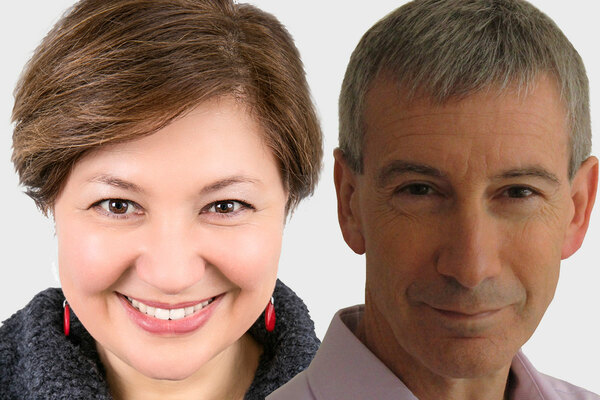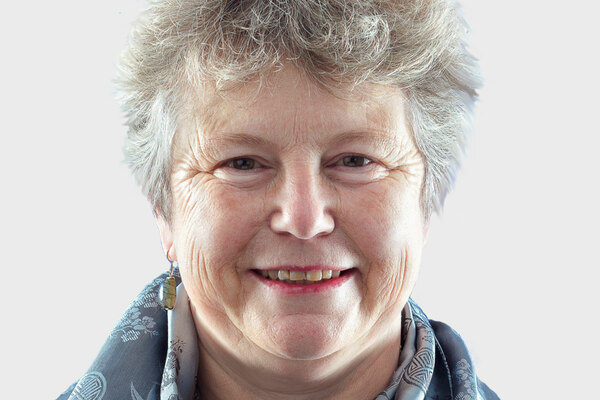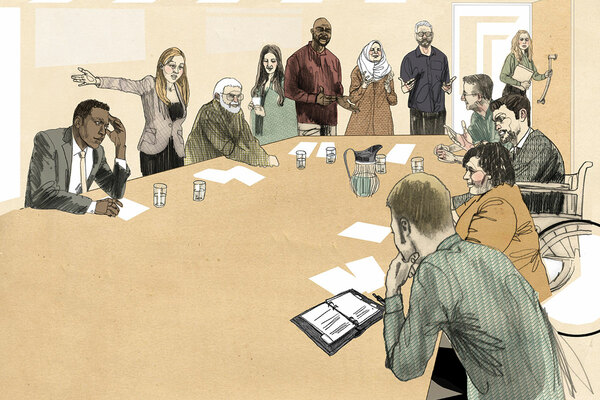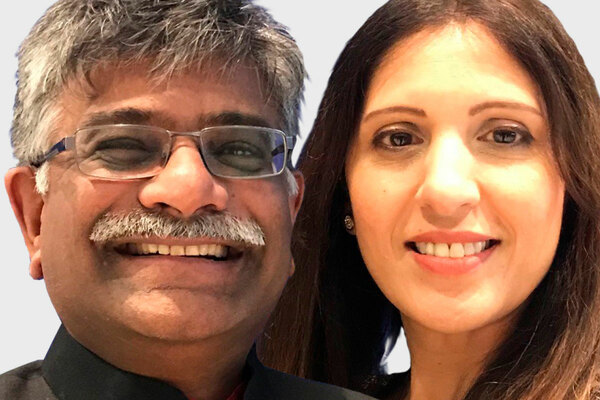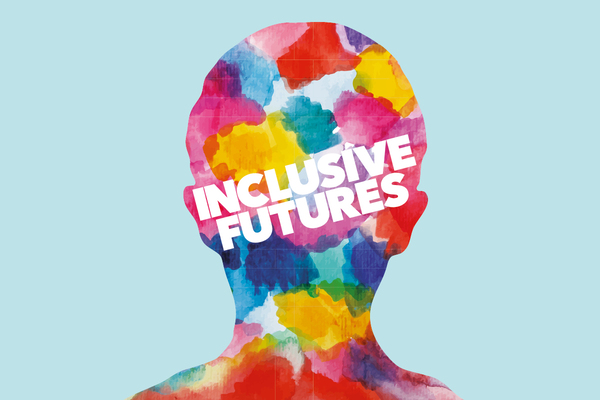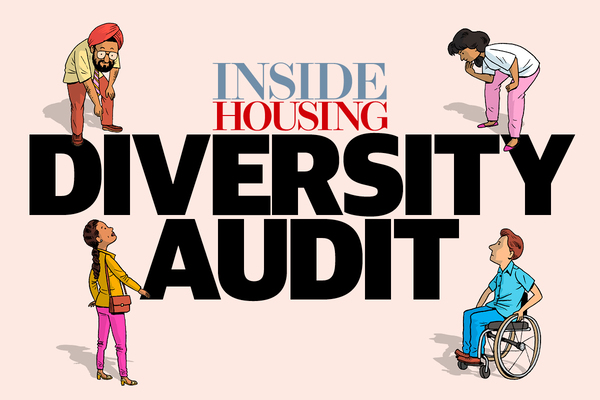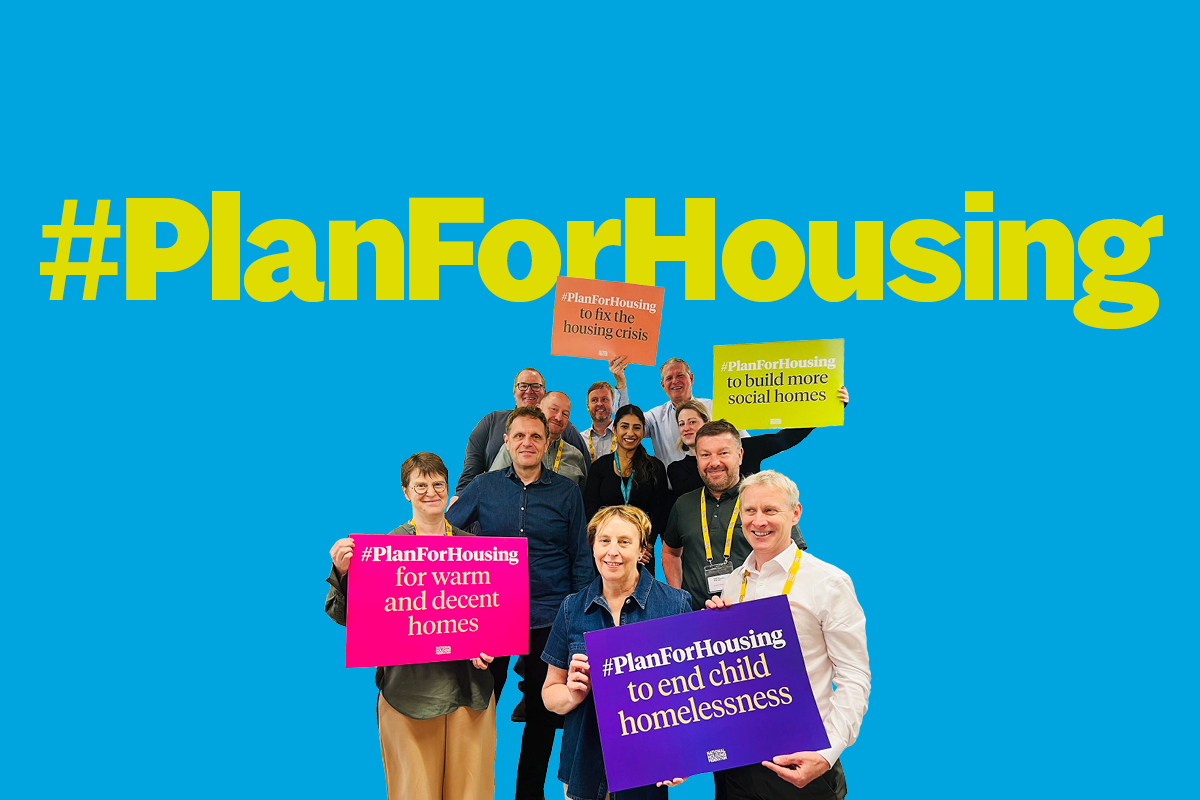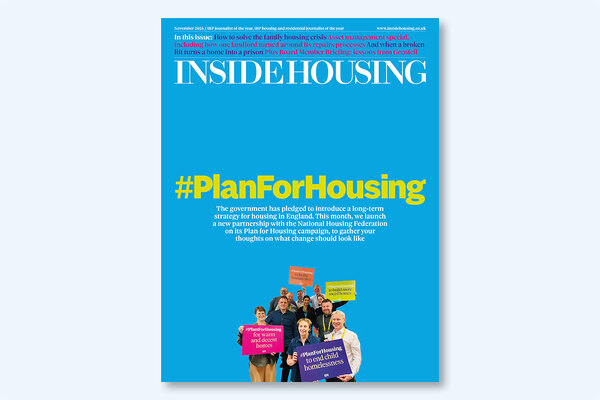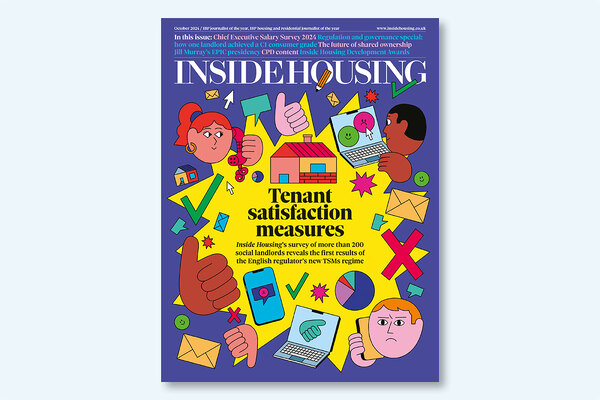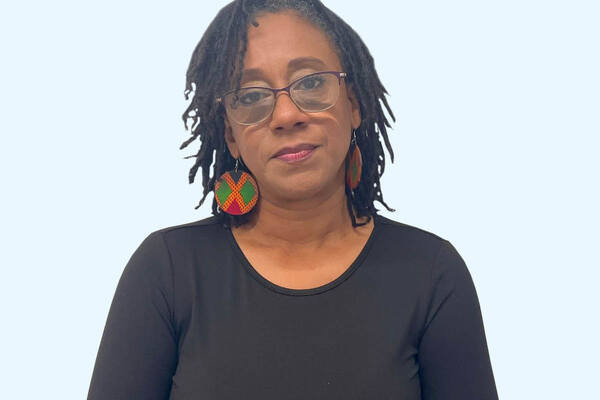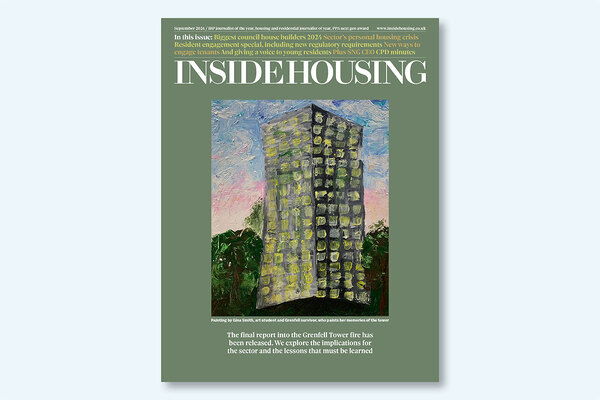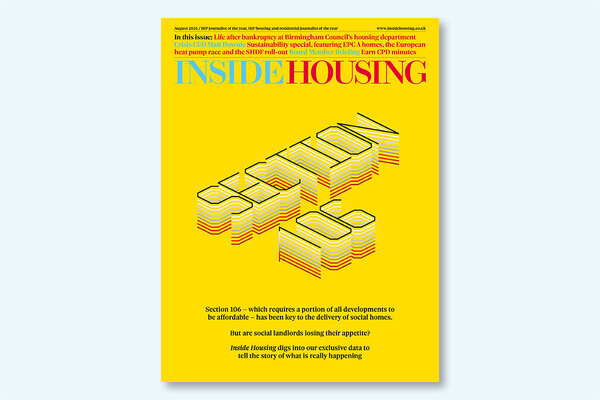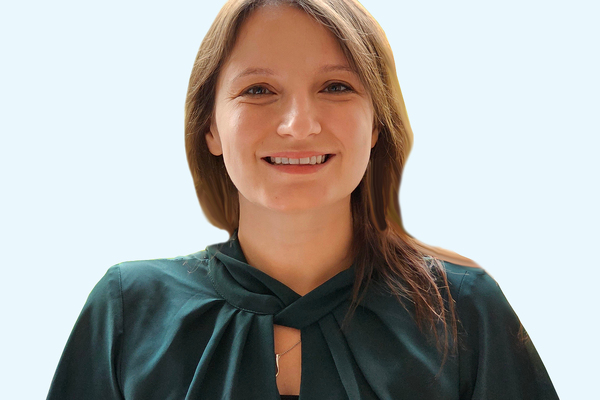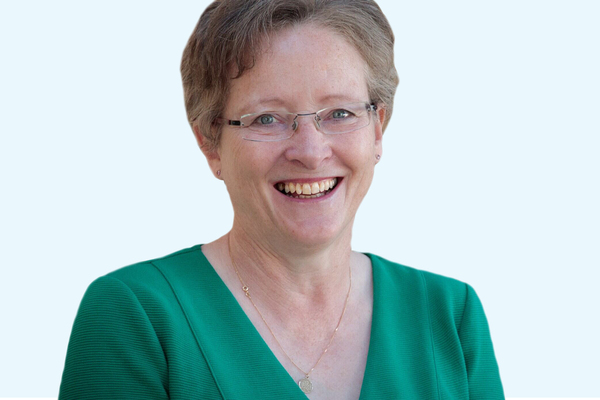You are viewing 1 of your 1 free articles
We should be striving for representation, not just diversity
Achieving diversity is not enough – the sector should be aiming for a position where it truly represents a diverse range of backgrounds, writes Anita Khan
The actor Riz Ahmed has an interesting take on diversity – he says he hates the word. His reasoning is that he is much more interested in representation, as this “stretches culture” and gives us “more space to be ourselves”.
As we digest the results of the latest Inside Housing diversity survey, this is the ideal time to reflect on progress to date and where next.
Ensuring diversity in our organisations in terms of protected characteristics is an important first step in creating better places to work and places to live. However, it is only a first step.
To pick up Riz’s theme (watch him giving evidence to parliament below), we need to ensure that the range of views in our communities and workforces are represented in what we do and how we do things. It can’t just be a case of saying, “we have a female CEO and someone who is BAME on our board and that is job done”.
For instance, does having that female CEO mean more female employees feel fulfilled at work and see opportunities open to them? Or is it pretty much the status quo, with greater opportunity for men? If it is the latter then that female CEO is not symptomatic of a change of culture – she serves as an exception.
How can housing providers take the step from diversity to representation?
At Settle, we have a mission to help our customers stay in their homes comfortably, so they can live the life they choose.
Recently we have begun exploring what we mean by ‘comfortable’ and what this might mean for customers and colleagues. The following is where we have reached.
“Imagine if ‘comfortable’ inspired a cultural philosophy of ‘strengthening people’ – ie settle is a place where an individual is recognised (seen and known) for who they are, the value they bring today and their potential for development, and is rewarded accordingly.”
“It can’t just be a case of saying, ‘we have a female CEO and someone who is BAME on our board and that is job done’”
I am not saying this is or we are perfect – however, as I mentioned earlier, it is a start on the journey to ensuring we empower our colleagues to represent their views and those of our customers.
We are taking a number of steps to ensure we have an inclusive mindset as a default across the organisation and in everything we do.
For instance, we have no diversity and inclusion officer at Settle. This is a shared responsibility for us all.
Also, we are very conscious of the context in which we operate. For some housing providers issues of diverse ethnicities will be a key consideration. For others – such as Settle – it is more about issues of poverty, mental health and affordability.
As a result, the actions we are taking with colleagues and in our communities include projects such as Foundations 4 Work (a partnership with a local charity to help prepare tenants for and to secure sustainable employment); mental health first aiders (the presence in our male-dominated repairs and maintenance teams has been particularly important); and domestic abuse prevention champions (which has helped customers as well as colleagues).
And there is more we can do as a sector.
I am very proud to have been appointed a member of the National Housing Federation’s (NHF) Diversity, Equality and Inclusion in Housing Group.
I am clear about the need to work with the NHF to ensure housing associations are at the heart of effective representation on behalf of our colleagues and communities.
Measuring progress in this area can be difficult as it is ultimately determined by how people feel.
At Settle we have evolved our approach and we are now using perception surveys to determine an overall trust score to understand how our customers feel about our performance in meeting their needs. The focus here is more about how we do things as opposed to what we do.
The Inside Housing diversity survey also plays an important role in improving our sector, but perhaps it too can evolve to become the Inside Housing representation survey?
Anita Khan, executive director of customer services, Settle
Inclusive Futures
Inside Housing’s Inclusive Futures campaign aims to promote and celebrate diversity and inclusion.
We are pledging to publish diversity audits of our own coverage.
We are also committed to proactively promoting positive role models.
We will do this through the pages of Inside Housing. But we will also seek to support other publications and events organisations to be more inclusive.
Our Inclusive Futures Bureau will provide a database of speakers and commentators from all backgrounds, for use by all media organisations.
We are also challenging readers to take five clear steps to promote diversity, informed by the Chartered Institute of Housing’s diversity commission and the Leadership 2025 project.
THE CASE FOR CHANGE
34%
of housing association chief executives are female
1%
of housing association executives have a disability
1.6%
of housing association board members are LGBT
Women make up 46% of the UK workforce, but Inside Housing research found that they are under-represented on housing association boards (36%), executive teams (39%) and among chief executives (34%).
Almost a fifth of working-age adults have a disability (18%), yet associations reported only 1% of executives and 4.5% of board members with a disability. Many were unable to provide details.
Nationwide, 14% of the working-age population come from a BME background, climbing to 40% in London and Birmingham. Yet our research found that 6.8% of board members identified as BME, compared with 4.5% of executives.
Statistics on representation of LGBT people in the workforce are in short supply, but official statistics suggest that 2% of the total UK population identify as lesbian, gay or bisexual, rising to 4.1% for 16 to 24-year-olds. Our survey found that 1.6% of board members and 10 executives were LGBT – but most organisations were unable to provide figures.
INSIDE HOUSING’S PLEDGES
We will take proactive steps to promote positive role models from under-represented groups and provide information to support change.
We pledge to:
Publish diversity audits: We will audit the diversity of the commentators we feature. We will formalise this process and publish the results for future audits twice a year.
Promote role models: We will work to highlight leading lights from specific under-represented groups, starting in early 2018 with our new BME Leaders List.
Launch Inclusive Futures Bureau: We will work with the sector to compile a database of speakers, commentators and experts from under-represented groups. The bureau will be available to events organisers, media outlets and publications to support them to better represent the talent in the sector.
Take forward the Women in Housing Awards: Inside Housing has taken on these successful awards and will work to grow and develop them.
Convene Inclusive Futures Summit: Our new high-level event will support organisations to develop and implement strategies to become more diverse and inclusive.
The Inside Housing Diversity Audit: how diverse has our coverage been?
The media plays a key role in championing diverse role models, so we designed a project to measure Inside Housing’s track record.

